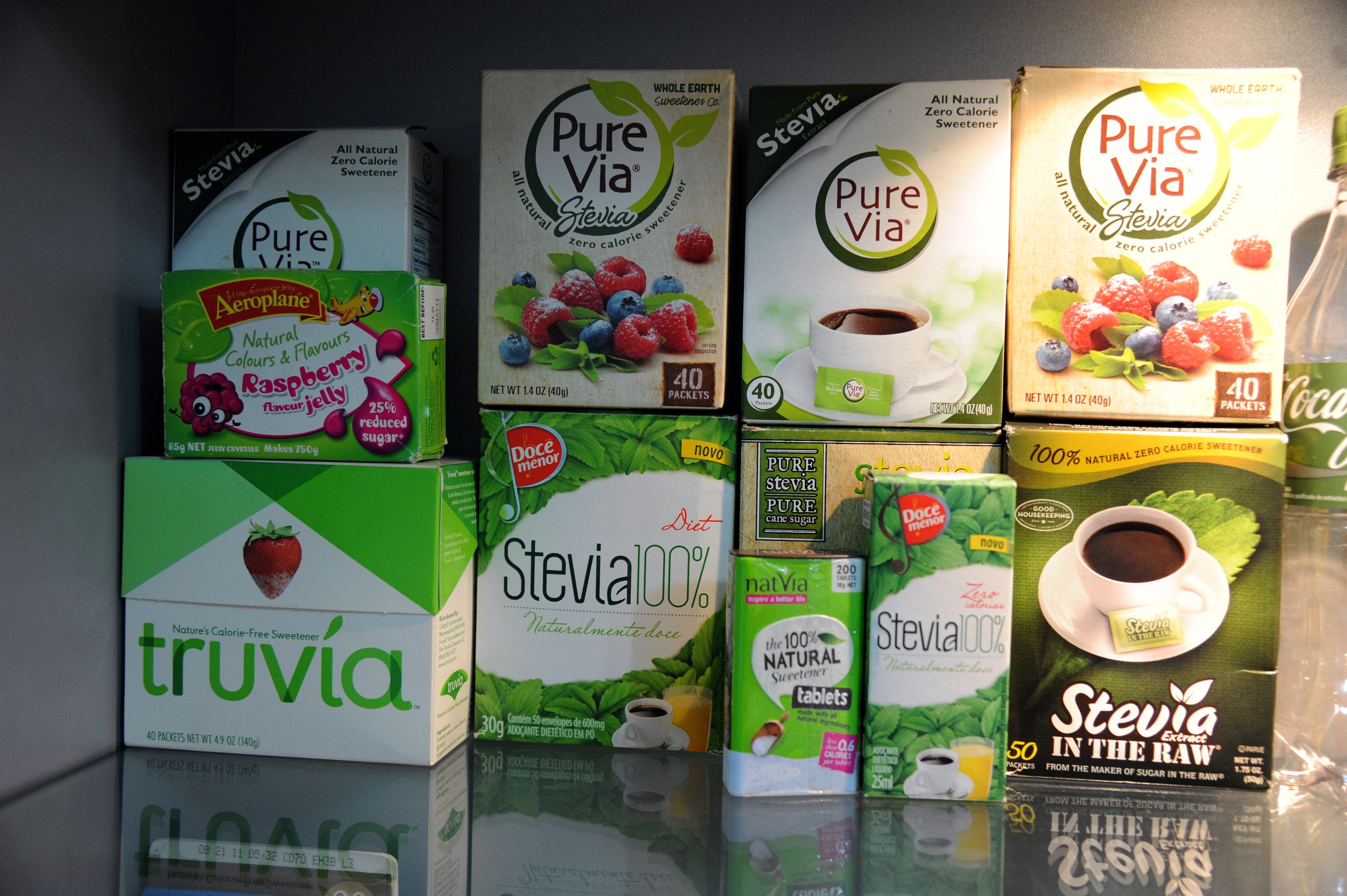Artificial sweeteners could cause diabetes, study reveals
An estimated 2.2 million people in the UK use artificial sweeteners 4 times a day or more

Artificial sweetners could cause diabetes, new research has revealed.
According to most recent data, an estimated 2.2 million people in the UK use artificial sweeteners 4 times a day or more.
The sugar alternatives are also found in thousands of diet foods, such as fizzy drinks, desserts, ready meals and cakes, as well as day-to-day products, such as toothpaste and chewing gum.
Although manufacturers have long claimed they have no adverse affect on the human body, scientists are now warning that some can alter consumers’ microbiomes in a way that changes blood sugar levels.
Senior author Professor Eran Elinav, of the German National Cancer Centre, said: “In subjects consuming the non-nutritive sweeteners, we could identify very distinct changes in the composition and function of gut microbes, and the molecules they secret into peripheral blood.
“This seemed to suggest gut microbes in the human body are rather responsive to each of these sweeteners.
“When we looked at consumers of non-nutritive sweeteners as groups, we found two of the non-nutritive sweeteners, saccharin and sucralose, significantly impacted glucose tolerance in healthy adults.
“Interestingly, changes in the microbes were highly correlated with the alterations noted in people’s glycaemic responses.”
In 2014, his team identified the same phenomenon in mice and were keen to find out if humans had a similar response.
Prof Elinav’s team went on to screen more than 1,300 people, identifying 120 who strictly avoided artificial sweeteners in their daily lives.
The latter were broken into six groups – two controls and four who ingested well below the daily allowance of either aspartame, saccharin, stevia or sucralose recommended by the US Food and Drug Administration (FDA).
Microbial samples from the subjects were injected into mice raised in completely sterile conditions with no gut bacteria of their own.
Prof Elinav said: “The results were quite striking. In all of the non-nutritive sweetener groups, but in none of the controls, when we transferred into these sterile mice the microbiome of the top responder individuals collected at a time point in which they were consuming the respective non-nutritive sweeteners, the recipient mice developed glycemic alterations that very significantly mirrored those of the donor individuals.
“In contrast, the bottom responders’ microbiomes were mostly unable to elicit such glycaemic responses.
“These results suggest that the microbiome changes in response to human consumption of non-nutritive sweetener may, at times, induce glycaemic changes in consumers in a highly personalised manner.”
He expects the effects of the sweeteners will vary person to person because of the incredibly unique composition of our microbiome.
Prof Elinav added: “We need to raise awareness of the fact that non-nutritive sweeteners are not inert to the human body as we originally believed.
“With that said, the clinical health implications of the changes they may elicit in humans remain unknown and merit future long-term studies.
“In the meantime, we need to continue searching for solutions to our sweet tooth craving, while avoiding sugar, which is clearly most harmful to our metabolic health. In my personal view, drinking only water seems to be the best solution.”
The findings, published in the journal Cell, follow previous research suggesting sweeteners have adverse effects on metabolism and appetite control.
Join our commenting forum
Join thought-provoking conversations, follow other Independent readers and see their replies
Comments





Bookmark popover
Removed from bookmarks